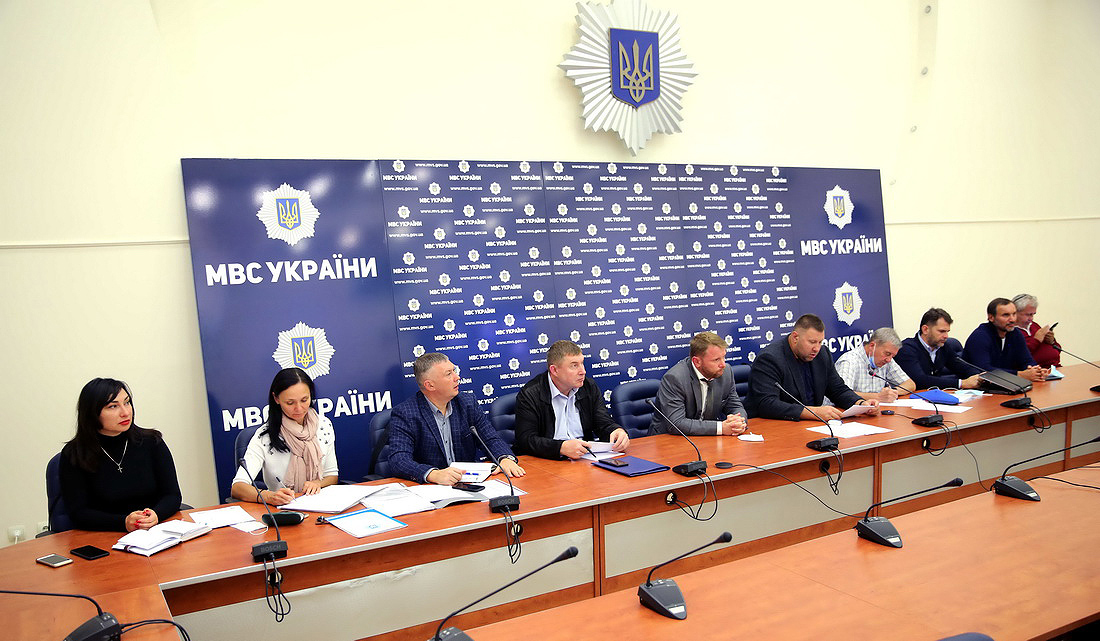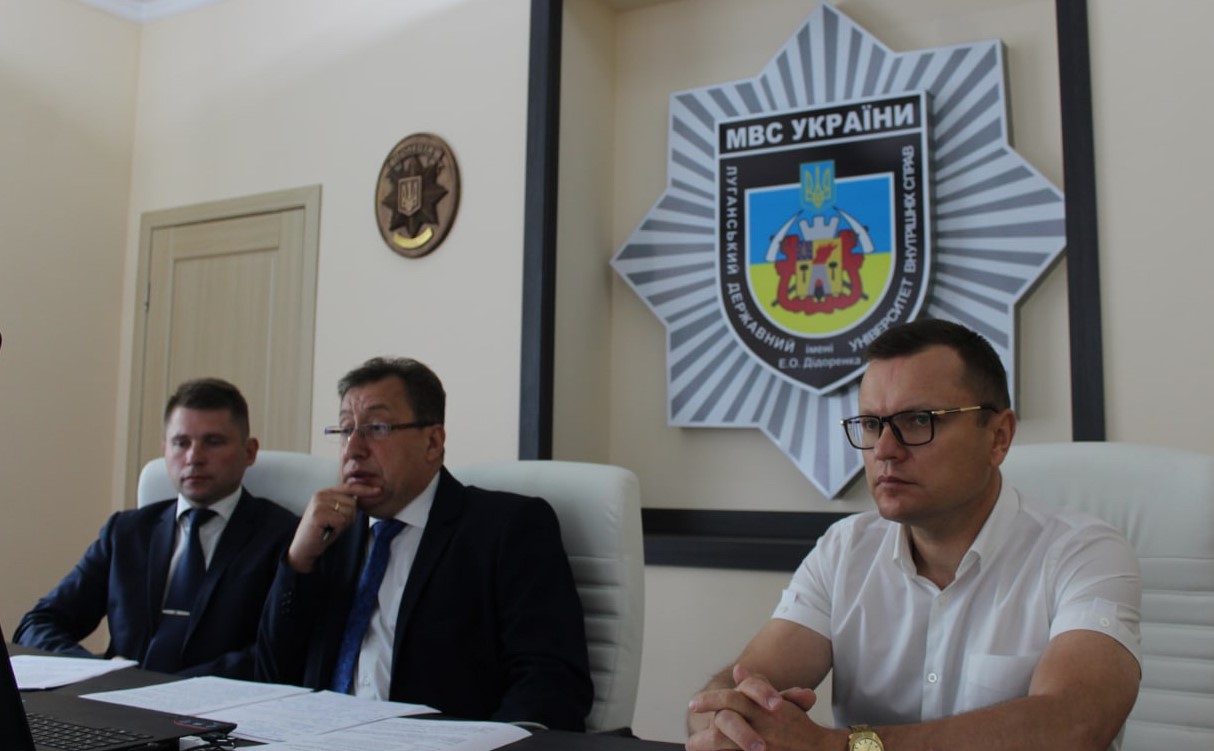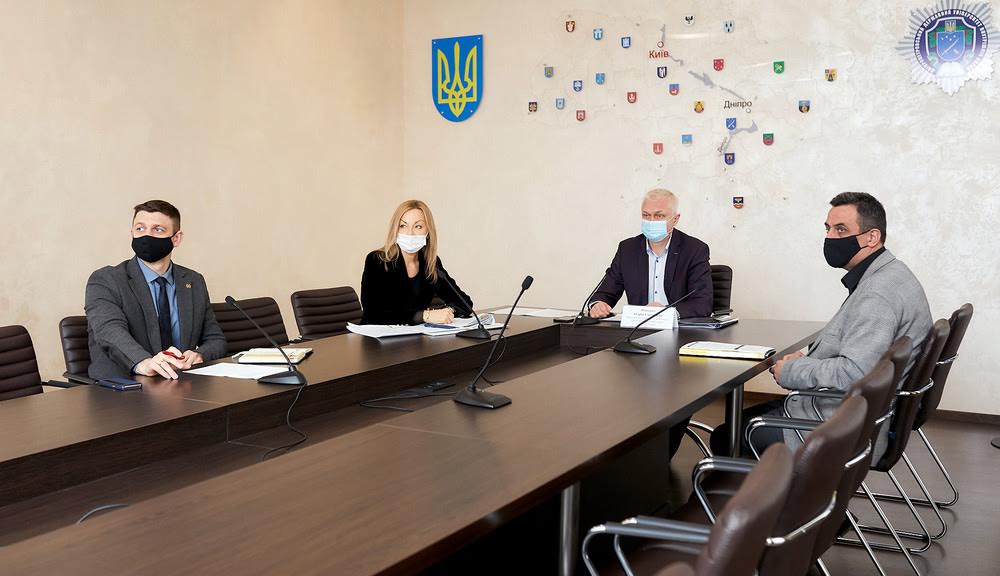Ukrainian Anti-Corruption Legislation Needs Clear Legal Structures

This was stated by the Advisor to the Minister of Internal Affairs, Chairman of the Public Council under the Ministry of Internal Affairs Volodymyr Martynenko during the International Scientific and Practical Conference “Theory and Practice of Combating Crime in Modern Conditions”, which was held today, November 6, in online format on the basis of Lviv State University of Internal Affairs v.
The international forum, during which scientists and practitioners were able to discuss the most relevant aspects of the fight against modern crime, was held thanks to the co-organizers — the Ministry of Internal Affairs, the Consultative Mission of the European Union, the Public Council under the Ministry of Internal Affairs, Lviv DuvS, HS “Center for Prevention and Counteraction of Corruption Ptions.”
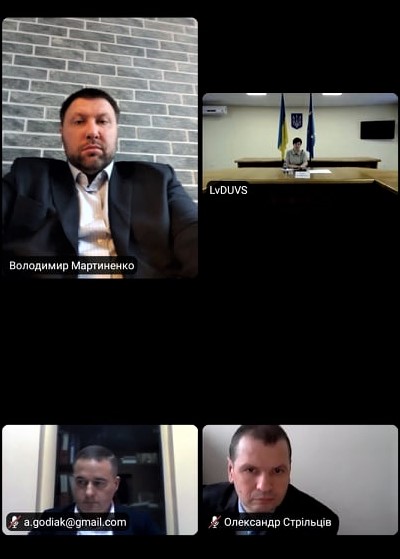
During the discussion panel “Regulatory and legal support and reform of law enforcement activities”, scholars and practitioners focused on finding ways to improve, in particular, criminal procedural legislation, in order to effectively counter modern crime.
The participants of the second discussion panel “Peculiarities of anti-corruption policy in Ukraine and foreign countries” insisted on the urgent need to improve Ukrainian legislation.
According to Volodymyr Martynenko, the situation with anti-corruption processes in Ukraine attracts the attention of not only Ukrainian society, domestic lawyers and law enforcement officers, but also the entire world community.
“The decisions of the Constitutional Court on anti-corruption legislation caused a public resonance. However, the politicization and artificial infliction of the situation are obvious. Especially considering that, despite the decision of the Constitutional Court, the draft Anti-Corruption Strategy for the coming years contains norms that may contradict the constitutional principles,” said the Chairman of the Public Council under the Ministry of Internal Affairs.
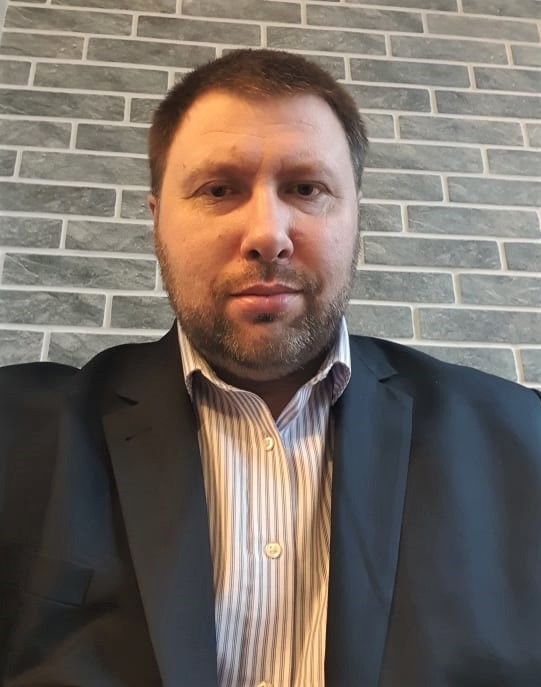
According to Volodymyr Martynenko, who was supported by the panel members, lawmakers should involve scientists who have a clear vision of legal structures in the development of draft laws. Only through such cooperation can effective legislative mechanisms be created, including anti-corruption ones.
Adrian Banu, Counsellor of the European Union Anti-Corruption Advisory Mission, shared Romania's experience with the forum participants. One of the anti-corruption mechanisms in this country is corruption risk management, which has been implemented since 2008. In 2018, the level of effectiveness of preventive measures became the basis for the decision of the Government of Romania to introduce a mandatory assessment of corruption risks in all state bodies.
The participants of the discussion panel also paid attention to the technical aspects of anti-corruption activities, the practice of applying the norms of the current anti-corruption legislation, expressed significant comments and suggestions for its improvement.
Separately, Volodymyr Martynenko said that this discussion panel is the first of four stages of anti-corruption scientific and practical activities planned with the participation of the Public Council under the Ministry of Internal Affairs. In November, international scientific and practical conferences will be held on the basis of law enforcement universities in Kharkiv and Dnipro — “Peculiarities of application of anti-corruption legislation: from registration to court verdict” and “Discussion issues of application of anti-corruption legislation”. And already
On December 9-10, the final annual forum — V International Scientific and Practical Conference “Implementation of State Anti-Corruption Policy in the International Dimension” will be held on the basis of the National Academy of Internal Affairs.
“At the final stage, we aim to summarize the results of the discussions at all previous stages and prepare high-quality recommendations that would not work for the library, but would be taken into account by the legislator and helped law enforcement officers in their practical work,” Vladimir Martynenko said.
Department of Communications of the Ministry of Internal Affairs




